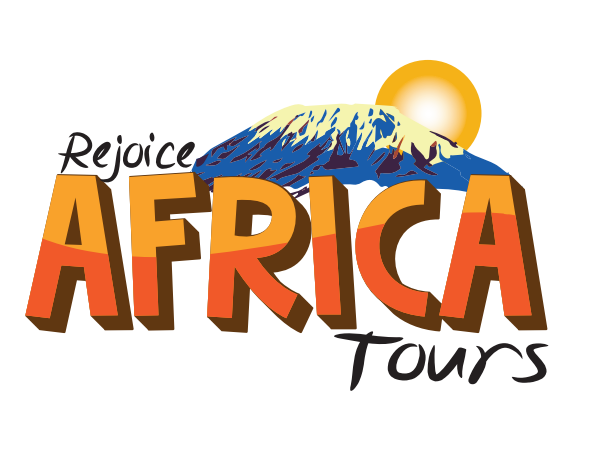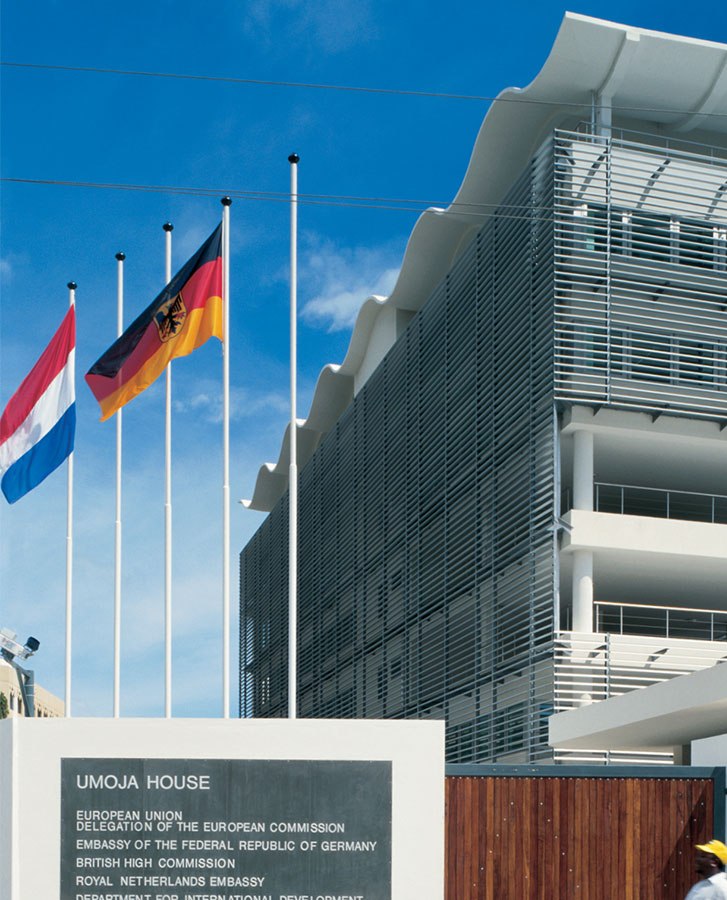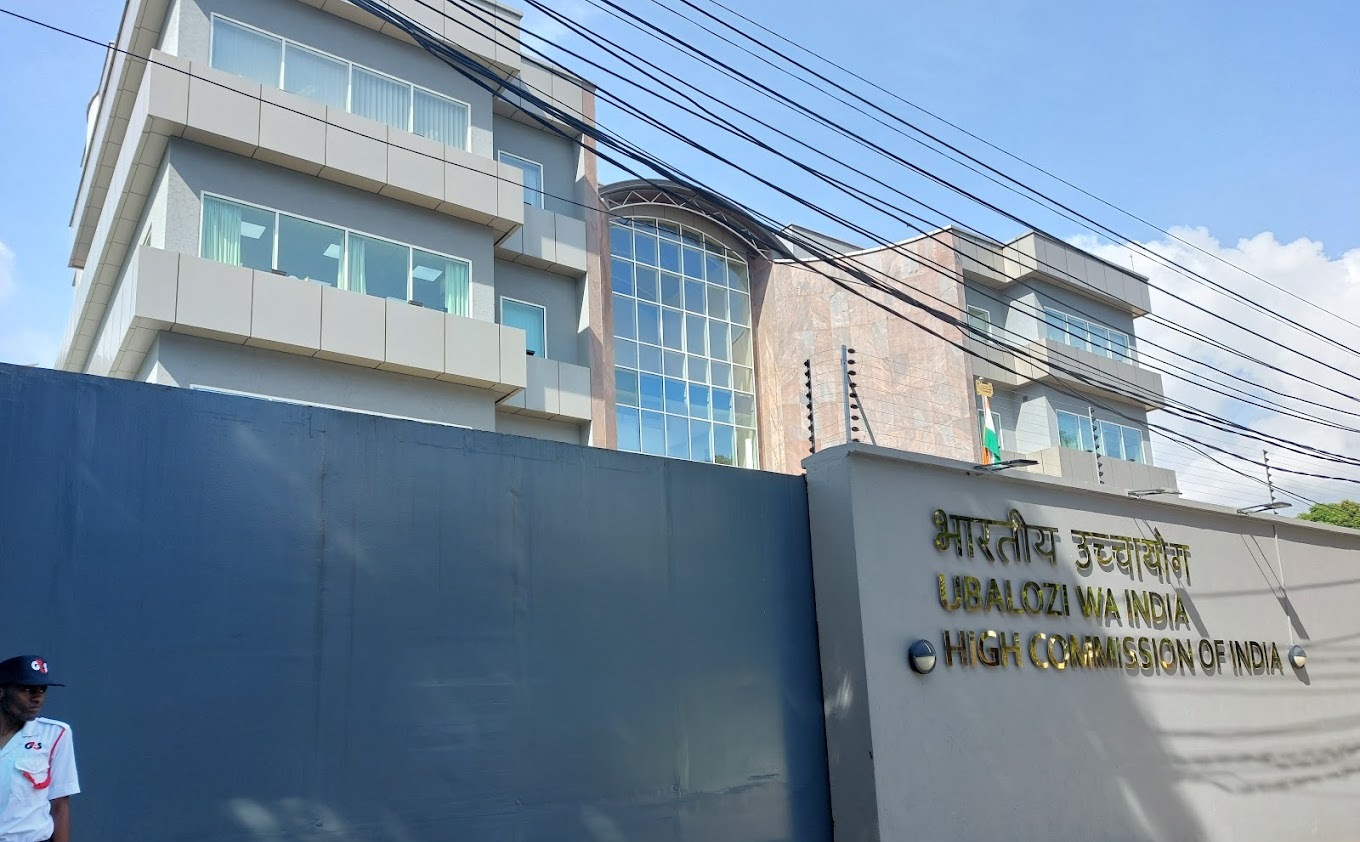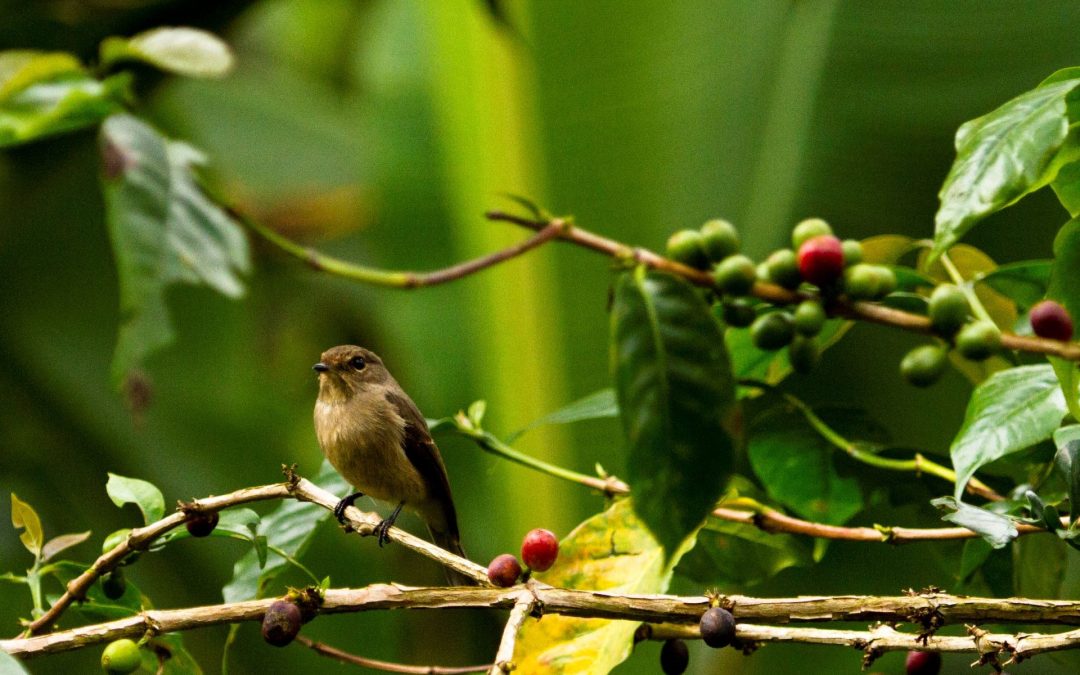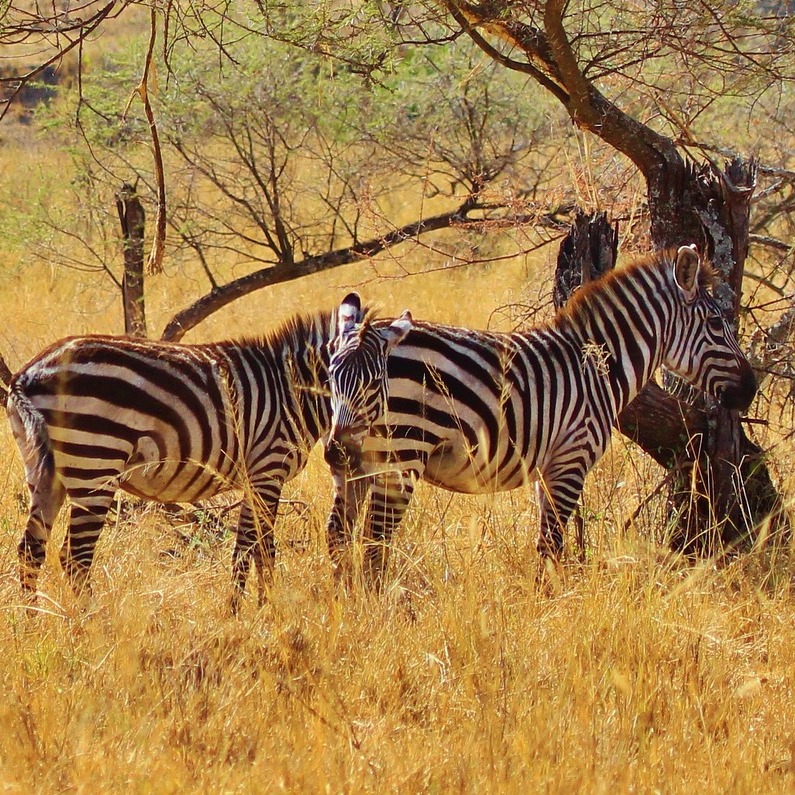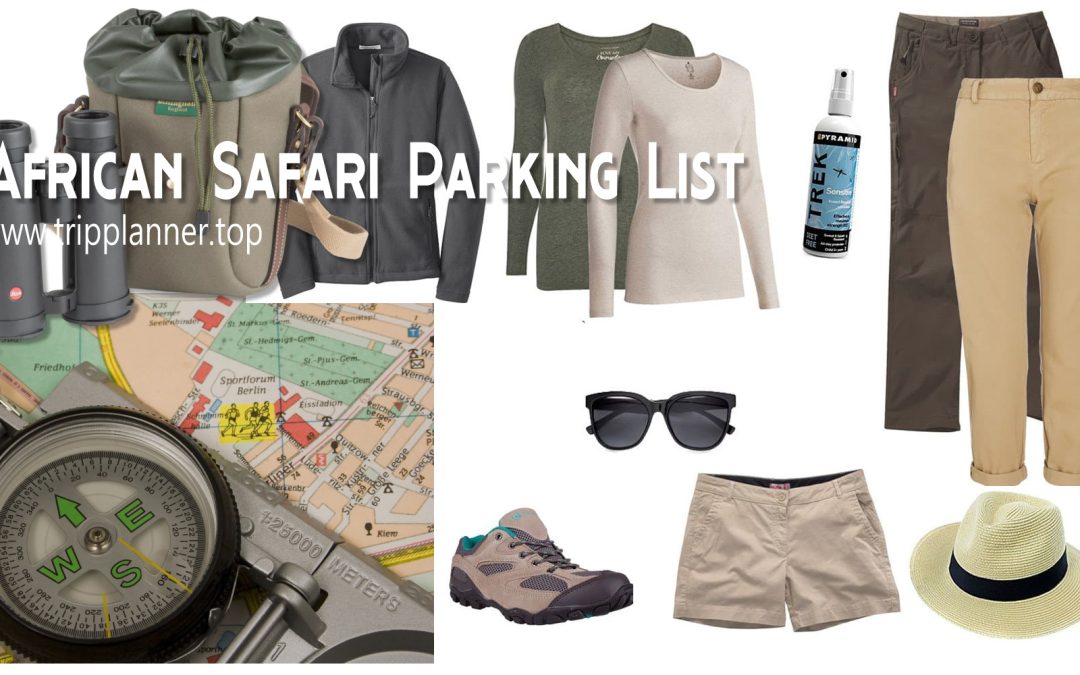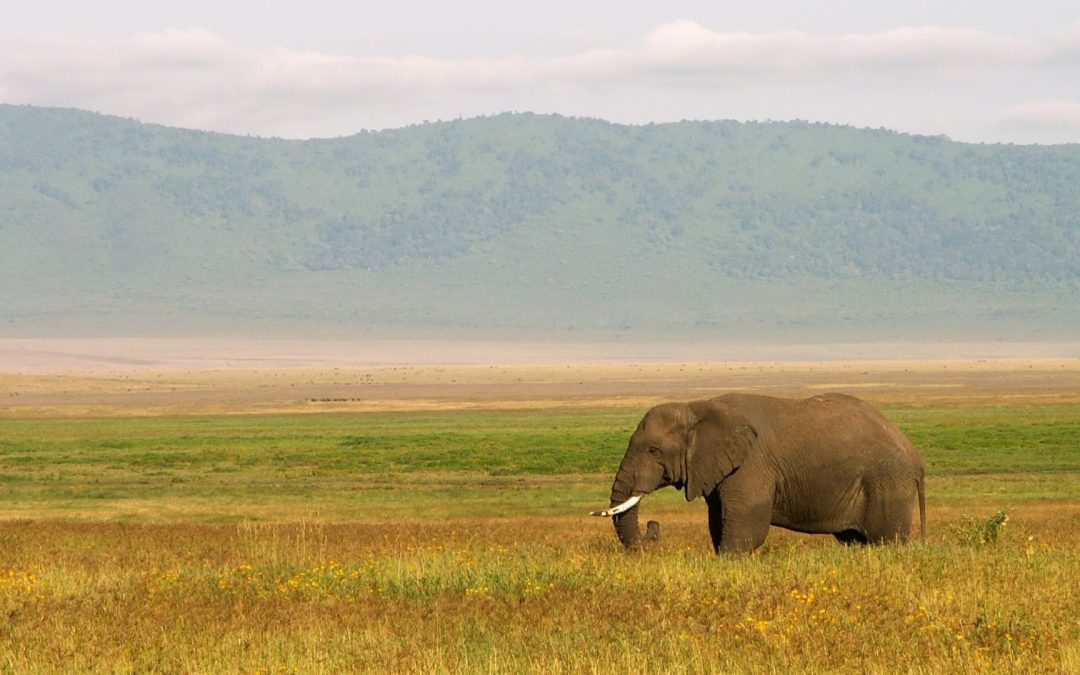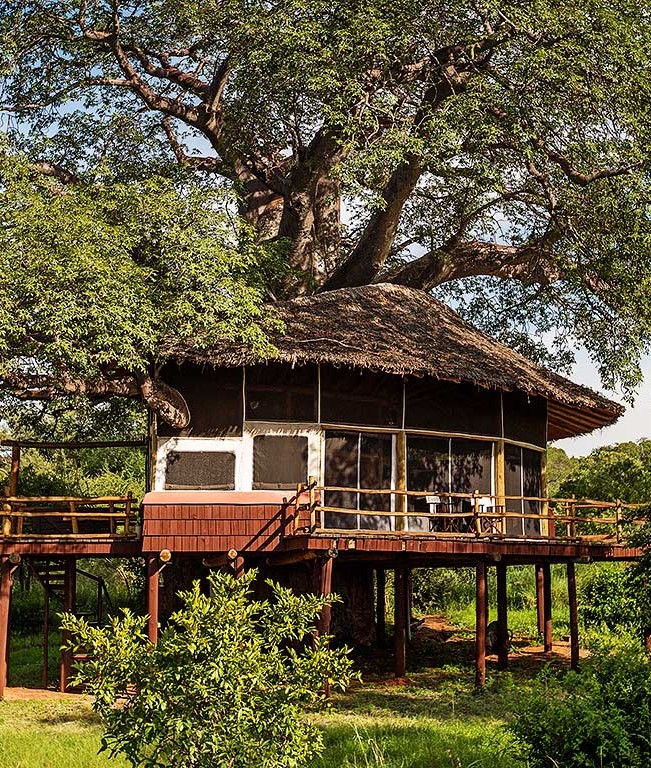
International Embassies in Tanzania
Comprehensive Guide to Embassy Services
Key Roles of International Embassies in Tanzania
1. Visa Issuance
- Tourist Visas: They process and issue tourist visas, providing necessary information about visa requirements and application procedures.
- Business Visas: They also handle business visa applications for those traveling for work-related purposes.
2. Information and Assistance
- Travel Information: They provide up-to-date information about travel conditions, safety, and health precautions in Tanzania.
- Cultural Insights: They offer insights into Tanzanian culture, customs, and local laws to help tourists prepare for their visit.
3. Emergency Assistance
- Consular Services: In case of emergencies, such as lost passports, medical emergencies, or legal issues, embassies provide consular assistance to tourists.
- Crisis Management: They assist tourists during crises, such as natural disasters or political unrest, ensuring their safety and providing necessary support.
4. Promotion of Tourism
- Tourism Promotion: Embassies work with the Tanzania Tourist Board to promote Tanzania as a travel destination, providing brochures, guides, and other promotional materials.
- Events and Exhibitions: They participate in international travel fairs and exhibitions to showcase Tanzania’s attractions and encourage tourism.
5. Facilitating Communication
- Liaison Services: They act as a liaison between tourists and local authorities in Tanzania, helping to resolve any issues that may arise during their stay.
- Language Support: They provide language support and translation services to help tourists communicate effectively.
Embassy Services Overview
In Tanzania, several embassies offer a wide range of services to both their citizens and Tanzanian residents. These services include visa processing, consular assistance, and support for cultural and educational exchanges. The US Embassy, for example, provides visa services and support for American citizens, while the German Embassy focuses on fostering German-Tanzanian relations. Similarly, the Spanish, Italian, French, Russian, Chinese, and Canadian embassies offer various consular services, promote cultural activities, and assist with visa applications. Each embassy is dedicated to strengthening bilateral relations and providing essential services to their respective nationals and the local community.
Embassy Services
The US Embassy:
Located at 686 Old Bagamoyo Road, Msasani, Dar es Salaam. Offers services such as visa processing, American citizen services, and educational exchanges.
- Visas to the U.S.
- Travelers to the U.S.
- Get visa information and guidance.
- U.S. Passport Services.
- Any other embassy related services

Embassy of Germany:
Situated at Umoja House, Mirambo Street/Garden Ave., Dar es Salaam.
Services offered include:
- VISA application
- Passport renewal
- Consular services
- Information on German culture and events.
- Any other embassy related needs
Embassy of Spain:
Found at 99 B Kinondoni Road, Dar es Salaam.
Services offered are:
- Consular services
- VISA application,
- Passport renewal
- Travel information.
- Any other Spain embassy service needs.
Embassy of Italy:
Located on 30 Lugalo Road, plot30, Dar es Salaam, Tanzania
Services offered include:
- VISA application
- Passport application and renewal
- consular services
- Cultural events promoting Italian heritage and traditions.
- Any other embassy related needs

Embassy of France:
7, Ali Hassan Mwinyi road Dar Es Salaam, 14110, Tanzania
Services offered include:
- Diplomatic relations
- VISA application and processing
- Consular services
- Passport renewal
- Cultural activities.
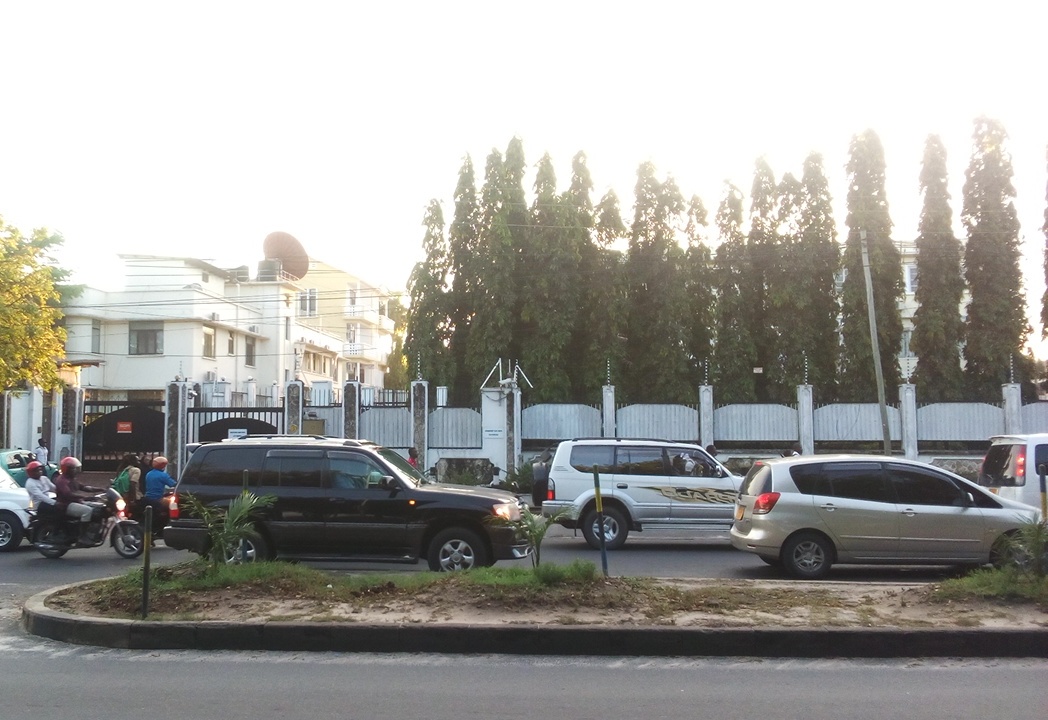
Embassy of Russia:
Located at 675H+9P5, Ali Hassan Mwinyi Rd, Dar es Salaam, Tanzania
Services offered include:
- VISA application and processing
- Consular services,
- Document legalization
- Diplomatic services
- Promotes Russian cultural and economic interests.
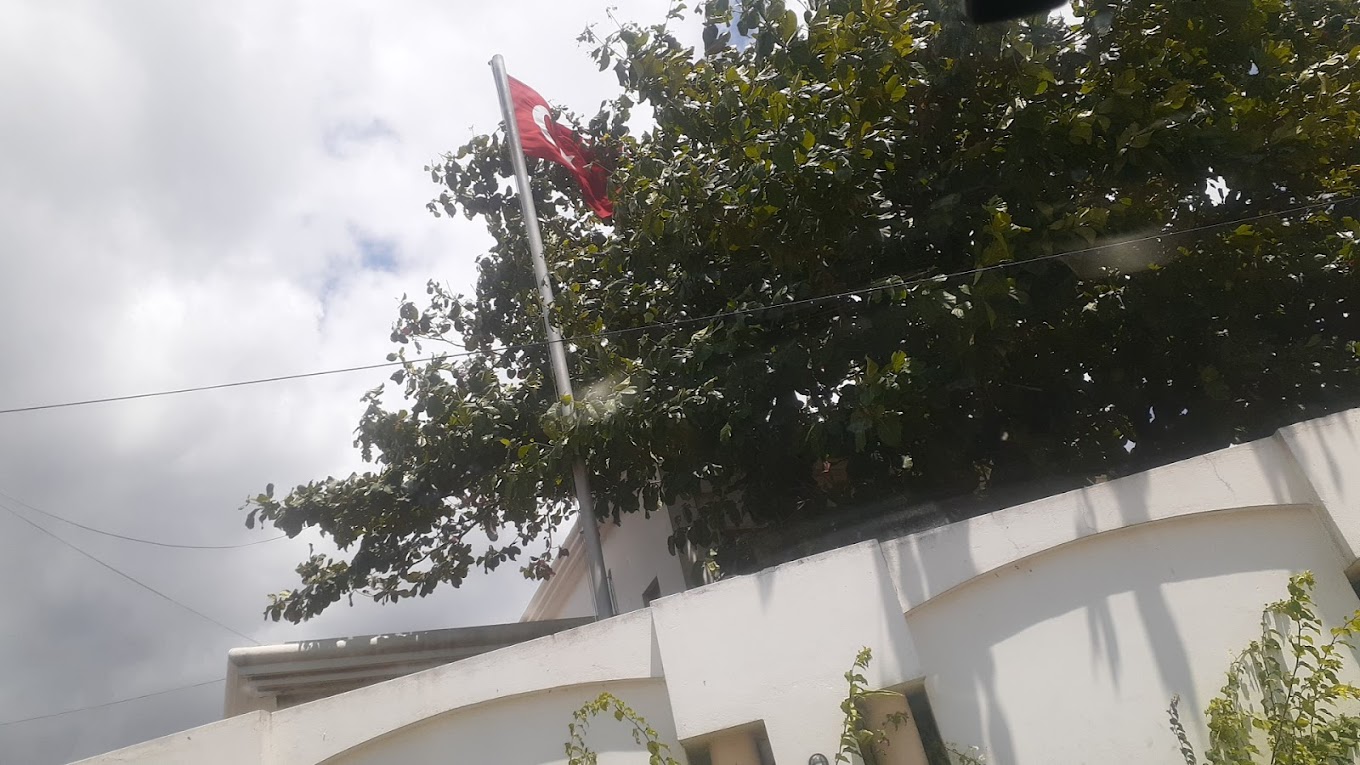
People's Republic of China Embassy:
Situated at 678P+9HH, No.2 Kajificheni Close, Tour Drive, Dar es Salaam, Tanzania
Services offered include:
- Visa processing,
- Consular services,
- Cultural exchanges.
- Bilateral trade support.
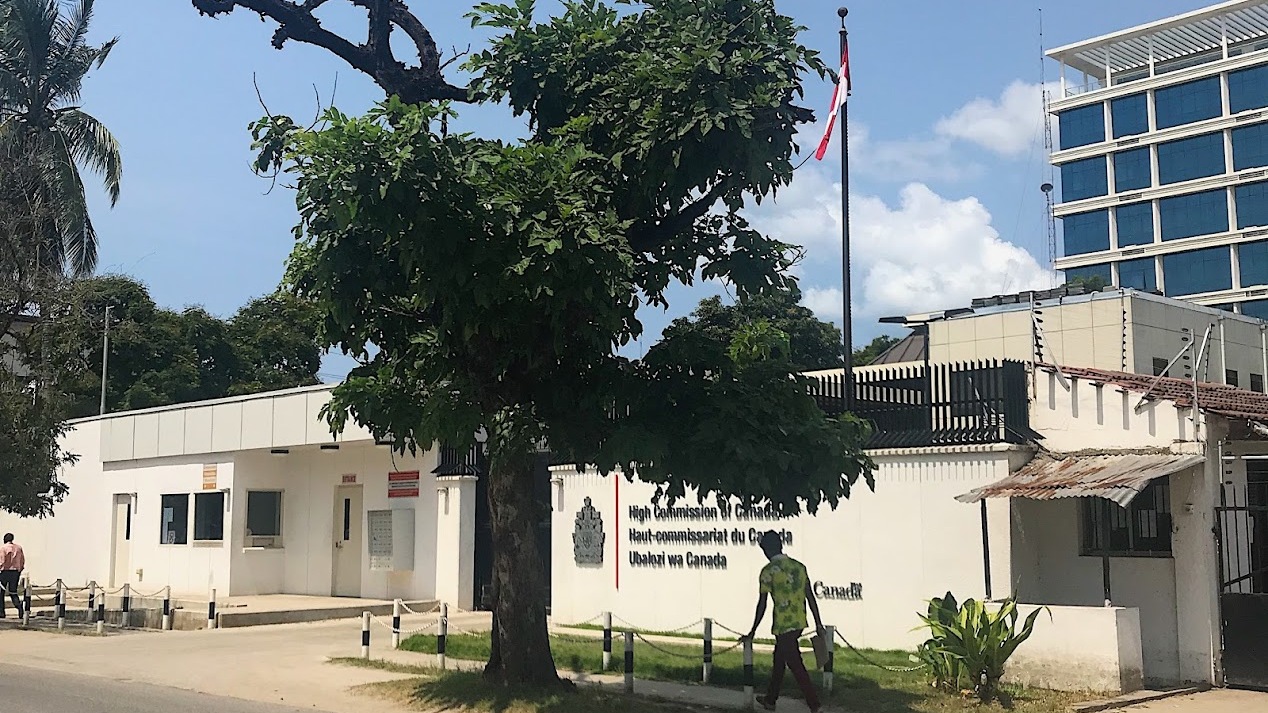
Canadian High Commission:
Found at 26 Garden Avenue/38 Mirambo Street, Dar es Salaam.
The services provided include:
- VISA and passport applications
- Consular services
- Support for Canadians seeking emergency assistance while in Tanzania.
British High Comission:
Located at TradeMark EA Tanzania Country Office, 50 Mirambo St, Dar es Salaam, Tanzania
24/7 consular support is available by telephone for all routine enquiries and emergencies. Please call +255 22 229 000. You may hear a message stating that our offices are closed. Please stay on the line and select the option for ‘calling about an emergency involving a British National’ to speak to an officer.
High Commission of India:
You can find the embassy offices at 213, 51 Shaaban Robert St, Dar es Salaam, Tanzania
Services offered are visa issuance, passport renewal, and much more. Individuals can contact us via WhatsApp or text messages. Note: the Consular Wing remains open for emergency services on weekends and public holidays. For visa applications, appointments should be made online.
